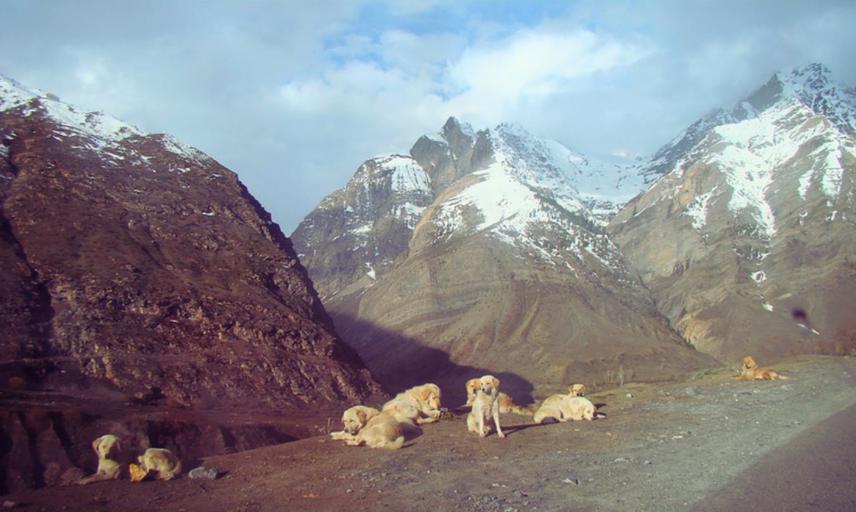Rashmi Singh Rana
Other projects
17 Jul 2024
Role of Himalayan Guard Dogs in Enabling Human-Wildlife Coexistence in Pastoral Rangelands
Globally, free-ranging dogs (FRDs) have been recognised as an imminent conservation threat to native wildlife. Yet this recognition and evaluation is largely lacking from Indian trans-Himalaya due to lack of systematic reporting. To address this, we aim to establish the level of conservation threats posed by FRDs on threatened native wildlife, and to subsequently urge conservationists and government to include FRDs as part of wildlife conservation action plans.

This study will establish a baseline of the extent of spatio-temporal overlap of FRD movement with the habitats of native wild mammals, namely, Himalayan musk deer and Himalayan wolf. We will also document the nature and frequency of negative impacts of FRDs on these native threatened wild species to understand the intensity of conservation threat posed by FRDs. With the engagement of local communities and forest rangers as key participants, we will document all known instances and locations of FRD-wildlife interactions near villages, forests and pasturelands. We will also attempt to tease out the socio-ecological factors governing these negative interactions to identify effective mitigation measures.
Escalating dog population is a recognised key driver for these increasing threats on wildlife. The study will also accomplish a pre-requisite step critical for managing these threats, i.e., assessment of dog population and its drivers. Dog population management is an important indicator in the larger conservation threat mitigation framework.
Through the course of this project, we will actively involve local stakeholders for consultations to develop effective and appropriate threat mitigation framework. I strongly believe that community acceptance and support is critical to the success of any conservation action. To bring the mitigation framework into effect, we will engage with villagers, animal welfare groups, Animal Husbandry and Forest department to facilitate convergence to initiate appropriate mitigation measures (like garbage-disposal and management, food provisioning, sterilisation) through a community-led participation.
Header: PI conducting garbage disposal site assessment survey.